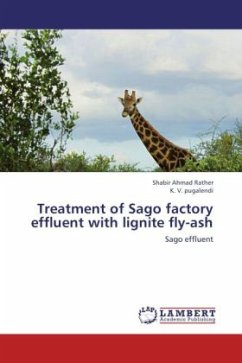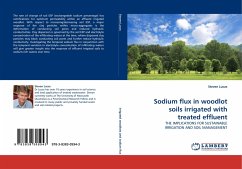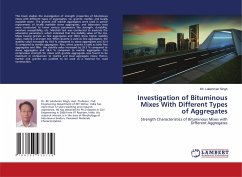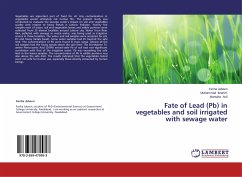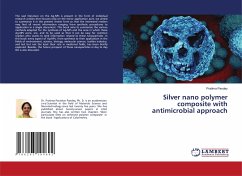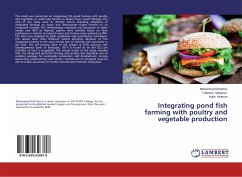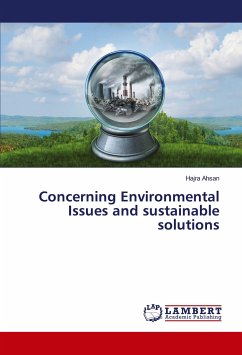Pollution is increasing throughout the world in different ways, mostly by inhuman activities, creating problems to the entire living creature. Sago is an edible starch produced from tapioca, a tuberous root, though the indigenous technology in most of the countries of the world. During the process, huge amount of water is required and released as an effluent with increased toxicity and low pH, which pollutes the water bodies nearby and the land where it is thrown. This effluent decreased the pH of the soil which is not fit for cultivation. On the other hand, lignite fly-ash is a deadly air pollutant with high alkalinity (Indian). In our study, the effluent has been treated with a definite amount of lignite fly-ash and used for the culture of black gram at different concentrations. Also the effluent has been treated with some acids and the results have been evaluated, showing that acid treated cum fly-ash neutralized effluent is more efficient for the culture of black gram. The lignite fly-ash treatment of sago factory effluent seems to be cost effective and eco-friendly. So, I am hopeful that interested students and researchers may get the insight from the published research work.
Bitte wählen Sie Ihr Anliegen aus.
Rechnungen
Retourenschein anfordern
Bestellstatus
Storno

